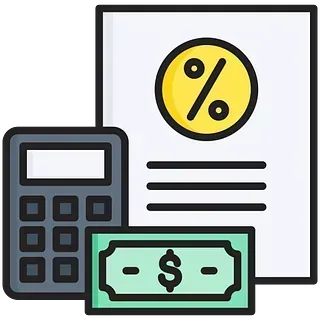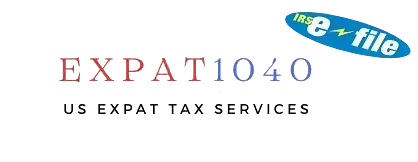Understanding the differences between Enrolled Agents and CPAs to make the best tax decisions
- Both an Enrolled Agent (EA) and a CPA are officially licensed professionals with the training necessary to prepare U.S. tax returns with rigor and professionalism.
- Both have in-depth knowledge of the U.S. tax code, recognized after passing rigorous examinations, and can represent third parties before the IRS in appeals, tax investigations, and other administrative matters.
- An Enrolled Agent's license is granted by the Department of the Treasury, with national scope. Therefore, they can practice in all IRS jurisdictions. In contrast, a CPA is a certified public accountant licensed by a specific state.
- A CPA's training includes accounting and other financial areas, such as auditing financial statements, preparing SEC reports, and business valuations, for example. An EA's training focuses on personal and entity taxes, IRS procedures, and, like CPAs and tax attorneys, an EA is subject to the professional and ethical regulations of IRS Circular 230 (collectively, "Circular 230 Professionals").
- In short, in the area of taxation, EAs and CPAs have the same training and the same privileges and obligations before the federal tax authorities. The main difference lies in a CPA's ability to practice as a certified public accountant, certify financial statements, and provide financial advisory services outside of tax matters.
See more.

How to choose the tax professional that best suits your needs?
Because the training, privileges, and obligations of an EA and a CPA regarding taxes are practically identical, the decision will depend on your personal situation and the nature of your needs. If you need accounting services or financial planning beyond taxes, a CPA may be the best choice, but if you only need tax advisory services, choosing an EA may be more appropriate and more cost-effective due to their strict focus on tax services.

What is an Enrolled Agent (EA) and how can they help you?
An Enrolled Agent is a professional authorized by the IRS (Internal Revenue Service) to act as a representative of taxpayers in all tax matters. This includes preparing tax returns, representing them in audits, tax appeals, and resolving tax issues.
The main advantages of working with an Enrolled Agent include:
- IRS Representation: EAs can speak on your behalf and negotiate with the IRS.
- Tax Specialization: They have a deep knowledge of tax laws.
- Experience in tax audits and litigation: They can help you resolve complex tax disputes.

Why choose an Enrolled Agent?
At Expat1040, we can offer you direct, specialized tax representation before the IRS. Some reasons why you might choose to work with an Enrolled Agent include:
- Resolving Complex Tax Problems: If you're facing an audit or tax dispute with the IRS, an EA is a professional trained to help you resolve it.
- Tax Specialization: While CPAs have a broader focus, EAs have a dedicated focus exclusively on taxes.
- Direct Access to the IRS: EAs can efficiently manage your IRS representations.
- Federal Certification: Unlike CPAs who are licensed by a specific state, Enrolled Agents are nationally licensed, allowing them to operate anywhere in the country and in any IRS jurisdiction, without relying on the "mobility" mechanism, which could be subject to changes in state laws.
The expert tax representation you need with an Enrolled Agent.
Contact form
“*” indicates required fields


